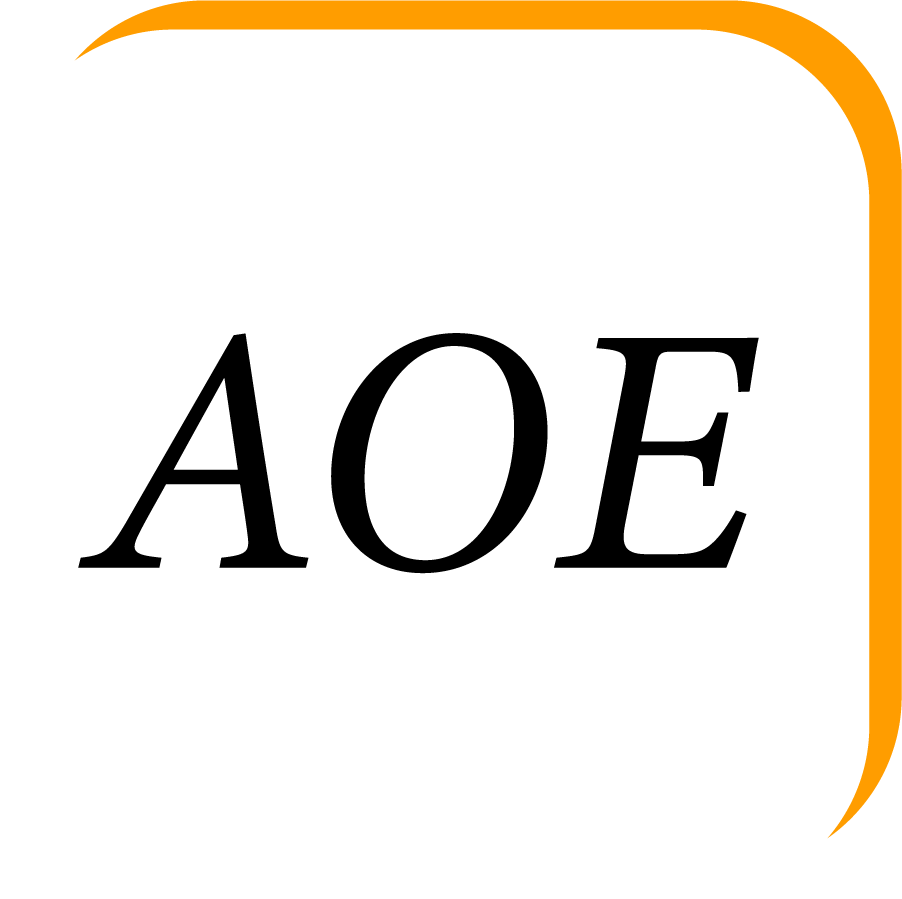The experiential knowledge derived from a primarily relational worldview and culture is known as Indigenous Knowledge Systems, sometimes referred to as African knowledge or indigenous knowledge. ‘Modern’ scientific knowledge is sometimes referred to as “scientific knowledge,” while ‘indigenous knowledge’ refers to the knowledge systems created by a collective. It refers to the specific local knowledge that is learned by members of that community through a combination of firsthand encounters, unofficial experiments, and close observation of their surroundings. It includes a community’s technology, social, economic, and philosophical systems of learning and government. It is crucial because it gives people direction and determines their worldview, among other things. It describes how people’s attempts to adapt to their surroundings led to the formation of cultural behaviors. In many rural communities, decisions are made locally using knowledge that is indigenous to the community.
Nonetheless, there is a significant disconnect between traditional knowledge and official STEM education in areas like formal education’s inappropriate disregard for Indigenous knowledge, which prevents students from recognizing the connection between what they are studying and their social and cultural surroundings. This has a detrimental effect on their capacity to use education to build the routes they will take in life. This makes the case that different nations’ formal education systems have been molded and controlled by either the governing class or the majority populace. As a result, IK is now independent of the kind of knowledge that formal education mediates.
On both the student and development levels, the effects of this division and the argument that follows highlight the importance of a robust integration of IK into the body of knowledge mediated through formal education as a requirement for the relevance and usefulness of education. The advantages of including African Indigenous Knowledge Systems in science and technology courses are too great to ignore. Additionally, it was stated that indigenous knowledge systems are best viewed as pragmatic, individualized, and contextual entities that are inextricably linked to a person, their society, and the environment (both material and spiritual).
Techniques for Including African Indigenous Knowledge Systems in Our Classroom.

In teaching Mathematics
The utilization of practical applications, such calendar systems in traditional settings and market bartering or haggling, can be interpreted as illustrating the connection between economic and mathematical theories and equations and real-world experiences. Examples of how Indigenous Knowledge can be applied to mathematics as a subject include fractals in architecture and patterns in beadwork.

Instructing Across Disciplines: Integrating Technology and Science
Communities have passed down knowledge of using therapeutic plants and predicting seasonal shifts from generation to generation over the years. With the help of local plants and traditional medicine, herbalists and other people have learned how to cure wounds, illnesses, and diseases. By combining this knowledge, medical advancements may potentially result. Weather prediction and ethnobotany are two examples of such inclusion.

The blending of instructional strategies, such as researching advancements utilizing contemporary engineering ideas and examining traditional technology, for example, African technology, facilitates learning and memory retention since it is more practical and hands-on. The following are instances of Indigenous Knowledge Systems in technology that can be imparted or combined: iron smelting techniques and water management systems, from which we can learn and adapt to suit our particular climate.
Challenges and Considerations associated with IKS
It is impossible to overstate the value of cultural awareness, heritage protection, and community involvement. It should be acknowledged that Africa is a communal continent where raising a child requires the support of an entire village. Additionally, since IKS is slowly going extinct, thorough investigation and documentation are needed. Such ancient innovations should be appreciated and documented online in this era of digital progress, advancing and integrating IKS into the contemporary scientific framework by repurposing conventional techniques in contemporary contexts, as demonstrated by the aforementioned instances, and refining them rather than doing away with them.
In conclusion
IKS integration into STEM education is a useful instrument that will help the continent advance because it offers the possibility of a more comprehensive and culturally appropriate learning experience. The saying “A river that does not forget its source will never dry up” is well-known, and it highlights how special Africa is—we have our own ideas and innovations. Africa should embrace our indigenous knowledge systems in order to promote sustainable development.

9 Responses
This is a very interesting piece. Well done.
WOW! This is wonderful!
Thank you so much Elijah
This is eyes enlightening. We cannot do away with our indigenous knowledge system. Very effective.
Thank you for this.
Yes actually 👊🏽
Thank God someone is talking about reviving the culture
God bless Africa
Thank you Korede, keep watch cos I am headed into the direction of everything Africa
Well done. Our indigenous knowledge system cannot be eroded.
Definitely. Thank you so much